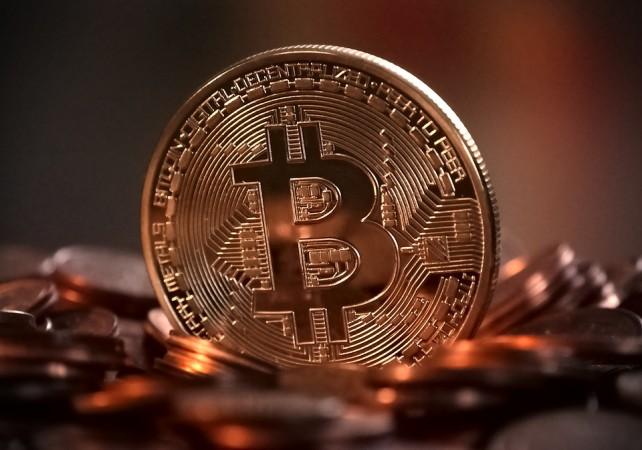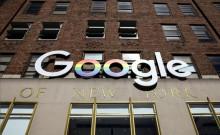
Bitcoin, like other cryptocurrencies such as Litecoin and Ethereum, is not controlled by a single organization or person.
All the transactions using bitcoins are made with no middle men – meaning, no involvement of banks. Marketplaces called "bitcoin exchanges" allow people to buy or sell bitcoins using different currencies.
So in order to ban bitcoin, governments will have to shut down the internet and its very unlikely that any country would resort to that level.
Andreas M. Antonopoulos, who has written technical books about bitcoin and is known for delivering inspiring speeches about the cryptocurrency's revolutionary potential, also believes governments have little or no say when it comes to regulating the crypto.
The question is not whether #bitcoin should be regulated, but whether it *can* be regulated. The reality is "No". The rest is nostalgia.
— Andreas M. Antonopoulos (@aantonop) December 31, 2016
But there's a lot that governments around the world can do to curb cryptocurrency usage.
Ban bitcoin mining
Bitcoin mining is the process of adding transaction records to bitcoin's public ledger called as blockchain. It is used to introduce new bitcoins into the system.
In 2017, the Chinese government announced the shut down of country's bitcoin trading exchanges, which until then accounted for nine-tenth of the digital currency's global volumes. Earlier this year, South Korea indicated it will ban such exchanges.
Impose anti–money laundering laws
Governments can impose anti–money laundering laws to penalize entities that allow bitcoin to interface with the real world. The British government actually announced more than two-and-a-half years ago that it intended to extend anti-money laundering rules to cover cryptocurrency exchanges.
This means that the banks and different operators, which are defined in the anti–money laundering rules, will have to do due diligence to check where the money comes from and where it goes.
Destabilize the value of bitcoin
This implies buying a bunch of bitcoin over time, and then selling them all at once, causing market crashes and building panic among the crypto investors.
Tarnish the brand
Government can also publicize negative uses of bitcoins, which are used for hard drugs, child pornography, assassination markets, etc.
(With inputs from Digital Trends)

















